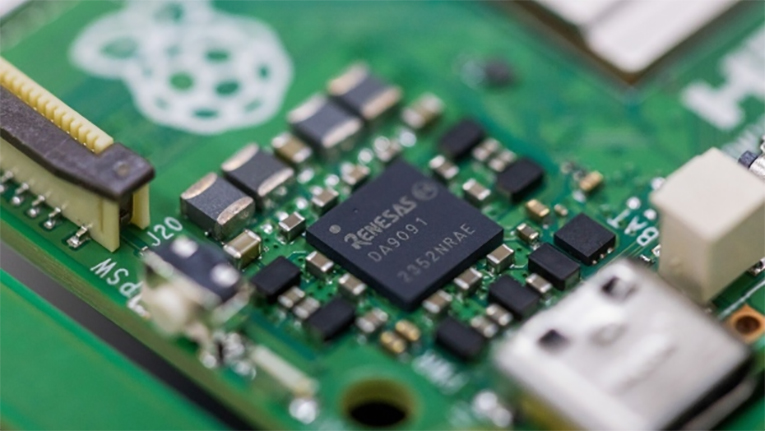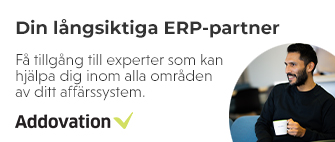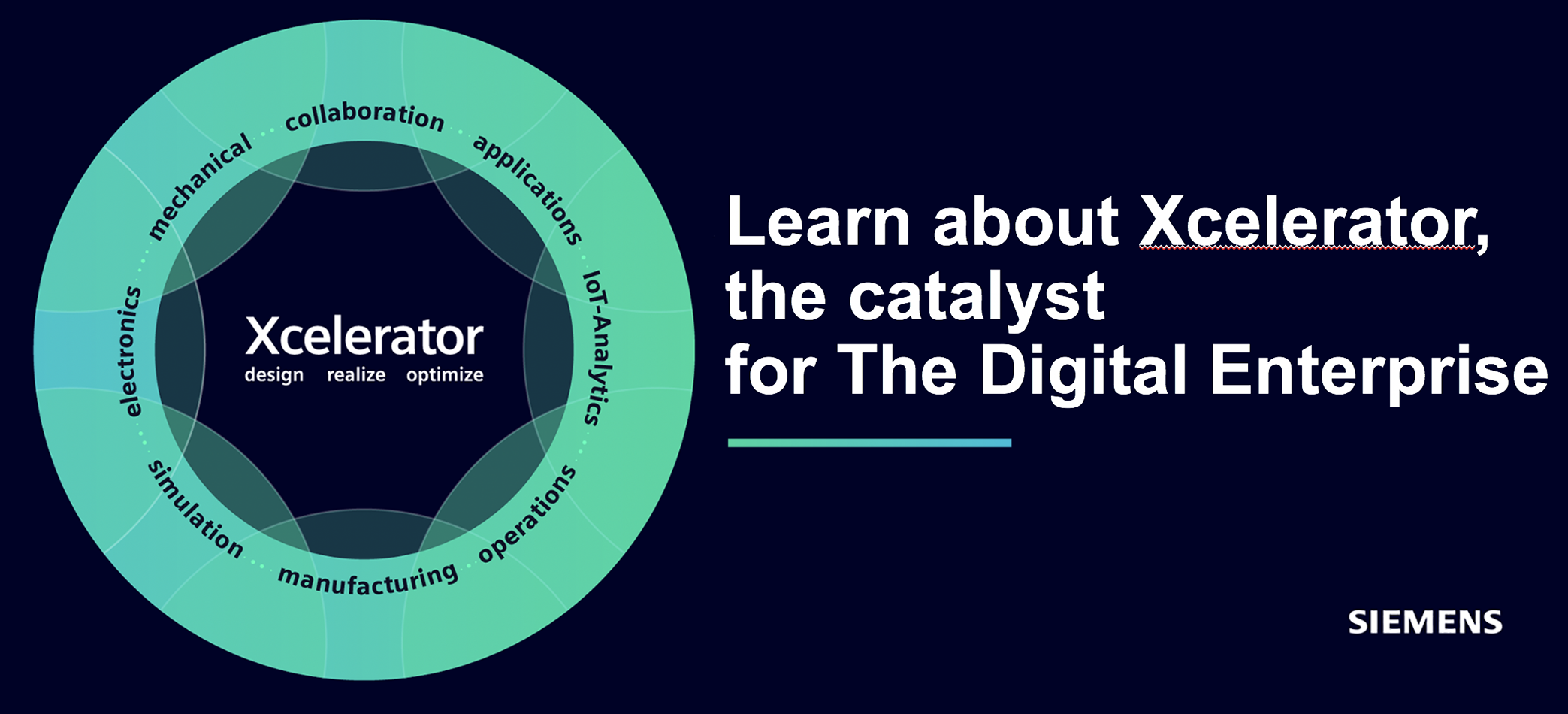Hidetoshi Shibata states in a press release that ”the electronics system design and lifecycle management platform will deliver integration and standardization of various electronic design data and functions and improved component lifecycle management, while enabling seamless digital iteration of design processes to increase overall productivity.” He emphasizes, quite correctly, the values with this; such as significantly faster innovation and lower entry barriers for system designers.
The Renesas CEO further says that adding Altium will make it possible to deliver an integrated and open development platform, making it easier for companies of all sizes and industries to build and scale their systems.
”We look forward to working with Altium’s talented team as we continue to invest and drive our combined platform to the next level of value for our customers,” said Shibata.
From Altium’s side, the CEO, Aram Mirkazemi, also points to how you see the bigger picture developing, as a good reason for the deal:
”I am convinced that electronics is the single most critical industry for building a smart and sustainable world,” he says and adds: ”Renesa’s visionary leadership and commitment to making electronics accessible to everyone resonates well with Altium’s vision of industry transformation. Having worked closely with Renesas as a partner for nearly two years, we are excited to be part of the Renesas team as we continue to successfully execute and grow.”
Altium has 61,000 subscriptions globally
The financial parts of the purchase are based on Renesas financing the $5.91 billion needed through bank loans and cash. It is expected to take place in the second half of 2024, subject to approval by Altium shareholders and the Australian court, regulatory approvals and satisfaction of other typical closing conditions. The deal has been unanimously approved by both Renesa’s and Altium’s boards.
In a Zoom webinar about the deal, Shibata said Altium has over 61,000 global subscriptions and achieved 20 percent year-over-year growth in recent years. He noted that Altium currently has over 850 employees and that the company will continue to operate independently as a consolidated subsidiary of Renesas.
Altium’s Aram Mirkazemi will also continue to lead the Altium team.

Deeper integration expected
It was in June 2023 that Renesas chose to standardize the development of all printed circuit board (PCB) designs on Altium’s 365 cloud platform. Last year, Renesas also published all of its products’ ECAD libraries on the Altium Public Vault. This step allowed customers to use features on Altium 365 to select Renesas parts from the Altium library.
PCB engineers working with Altium’s flagship product, Altium Designer, can expect Renesas to further integrate Altium’s cloud platform capabilities with Renesas’ on-premise systems.
On ENGINEERING.com, it is noted that Altium’s latest feature launch was this January around a BOM (Bill of Materials) portal in Altium 365. This is a dashboard that should make it easier for engineering and purchasing teams to work together to monitor BOMs in production. The tool provides insights into parts supply issues with real-time component information from Octopart, S&P Global and SiliconExpert.
Going forward, PCB engineers using Altium software can expect to see Renesas offer more tools to improve the engineer’s user experience.






